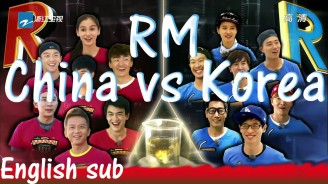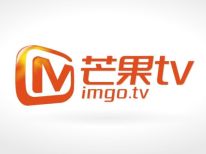In China, South Korean culture attracts a great number of individuals and the Korean Wave serves as the mainstream culture to the younger generations. South Korean TV shows are very popular among Chinese viewers.
A great number of South Korean TV shows were imported in China since the 21st century. Most K-dramas (such as “Sorry, I Love You”, and “The Great Jang-Geum”) are love stories, which deeply touch Chinese viewers. 

Other TV shows are very creative and interesting (such as “X-Man”, “Love Letter”, and “Running Man”), which provide entertainment and happiness for the Chinese audiences. Those TV shows have received high audience ratings. Undoubtedly, the TV producers or companies have gained great financial profits from them. In recent years, Chinese media (especially TV station) has purchased the copyrights from the Korean producing groups. Then, an increasing number of Chinese media start to reproduce some popular TV shows from South Korea.
Speaking of the reproduction, the plots and forms of those TV shows are the same. However, Chinese media has changed the casts. In addition, some Chinese characteristics are applied in the reproductions of those TV shows. In fact, Chinese media’s reproduction of South Korean TV shows has gained huge success. For instance, Hunan TV purchased the copyright from MBC TV and reproduced the show “Dad Where Are We Going” in 2013. This show received the highest audience rating and became the most popular Chinese TV show in 2013. Undoubtedly, this show had earned over 70 million yuan (Enlight adapts father-son reality show to film, 2013).
As a whole, the reproduction of Korean TV shows is a cultural integration. Meanwhile, it can also help Chinese media to gain great profits.






 usually refers to an individual’s betterment or refinement. In addition, it also describes a universal humancapacity. Moreover, it is closely associated with national aspirations or ideals. Culture can be understood, promoted, and integrated.
usually refers to an individual’s betterment or refinement. In addition, it also describes a universal humancapacity. Moreover, it is closely associated with national aspirations or ideals. Culture can be understood, promoted, and integrated.



